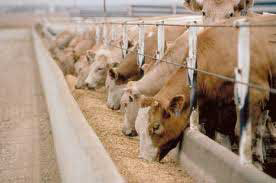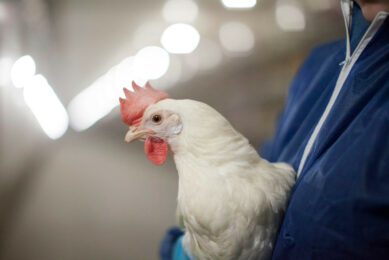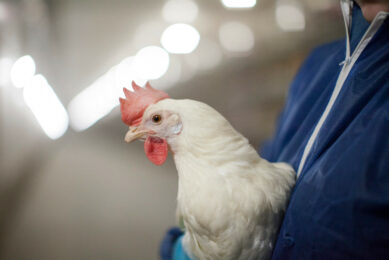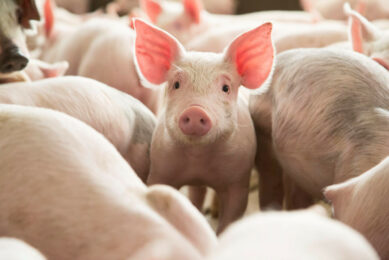Farmers need to focus on rumen bacteria

Dairy farmers can positively influence cattle health by ensuring the animals have a healthy working rumen. This means you have to create a good environment for the rumen bacteria. This was said at the Alltech’s Global Dairy and Beef forum in Deauville, France.
Dr. Pearse Lyons, founder and owner of Alltech addressed: “You’d better make sure that you’ create the right circumstances for those who help you.” And to make sure these bacteria can do their work well, four important points need to be considered. Firstly, fluctuations in the pH value in the rumen should be prevented. When this pH level gets too low, it affects the growth conditions of these useful bacteria negatively. Products, based on yeast, can help in the stabilisation of the rumen acid level.
Secondly, the food supply to the bacteria must always be guaranteed. In particular, the presence of nitrogen is important. Thirdly, the cows must be supplied with enough minerals and lastly, the environment of the animals should be kept free of toxins. When these four points are part of the farmer’s management, it is not so difficult to produce healthy cows, as stated at the forum.
Healthy animals also produce more efficient and have less health issues, hence reducing costs. Efficient animals are also less polluting as they shed less greenhouses gases, due to the fact that they eat less per unit meat or milk. This reduces the ‘carbon footprint’.
This way of thinking fits into Alltech’s vision and the E = P + S system (Efficiency = Profitability + Sustainability). Farmers can be audited according to this system, which results in an advice. After implementation, a second audit and evaluation follow. This way of working has already benefited many dairy farmers.
The next Global Dairy and Beef conference will be held in conjunction with Alltech’s 31st annual International Symposium taking place in Lexington, Kentucky, USA in May 2015.











